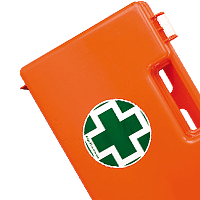Safety equipment
Working in a machine shop involves numerous risks related to the use of heavy machinery, sharp tools and chemicals. It is essential to have adequate accident prevention equipment to ensure the safety of operators and maintain a safe and efficient working environment. Safety equipment includes a wide range of devices designed to protect workers from injuries and accidents.
Accident prevention equipment, often referred to as personal protective equipment (PPE), includes a variety of tools and clothing designed to protect workers from the specific hazards present in their work environment. This equipment is designed to prevent injuries and ensure that workers can work safely.
Safety equipment is essential to mitigate the risks associated with mechanical operations. It serves to protect different parts of the body, such as the head, eyes, hands and feet. For example, safety helmets protect the head from impacts and falling objects, while safety glasses prevent eye injuries caused by shrapnel and chemicals. Chemical and abrasion-resistant gloves protect the hands, and safety footwear offers protection against heavy objects and slippery surfaces.
The correct use of safety equipment is crucial to ensure maximum protection. It is important that workers receive proper training in the use of PPE and understand when and how it should be used. Protective clothing, such as coveralls and aprons, should be worn over normal clothing to protect skin and personal clothing from contamination. Safety glasses should be worn whenever working with materials that can cause splinters or splashes, and gloves should be chosen according to the type of hazard present.
The advantages of safety equipment are many. Firstly, it significantly reduces the risk of accidents at work, ensuring the safety of workers. This leads to less downtime due to accidents, improving overall productivity.
Accident prevention regulations are crucial to ensure that machine shops meet safety standards. In Italy, legislation requires that employers provide adequate accident prevention equipment and train workers on its proper use. Regulations specify requirements for various PPE, such as helmets, goggles and protective footwear, and impose regular checks to ensure that the equipment is in good condition.
Answers to Frequently Asked Questions
What PPE is most common in a machine shop?
The most common PPE includes protective helmets, safety goggles, heavy-duty gloves, protective suits and safety footwear.
How do you choose the right safety equipment?
The choice of PPE depends on the specific risks present in the work environment. It is important to carry out a risk assessment to determine which equipment is needed.
How often should safety equipment be replaced?
The frequency of replacement depends on wear and tear and conditions of use. PPE should be inspected regularly and replaced immediately if damaged.
In conclusion, the adoption of appropriate accident prevention equipment in machine shops is essential to ensure the safety and health of workers. With proper training and compliance with regulations, workshops can create a safe and productive working environment while protecting their employees and improving their operational efficiency.
-
Work clothing0 products
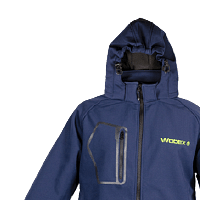
-
Safety footwear28 products
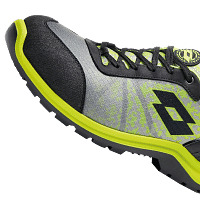
-
Safety gloves47 products
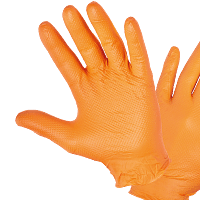
-
Work overalls and aprons10 products
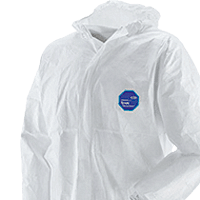
-
Safety eyewear19 products
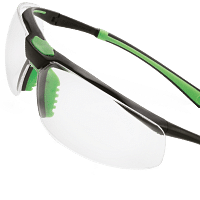
-
Work helmets2 products
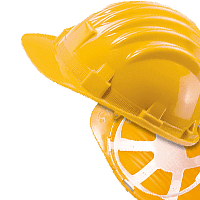
-
Earmuffs and earplugs13 products
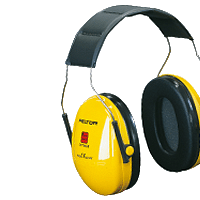
-
Dust masks ffp3, fpp2 and fpp122 products
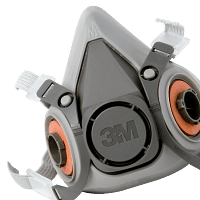
-
Fall arrest equipment17 products
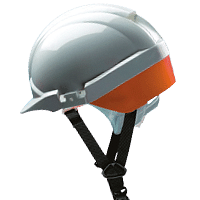
-
First aid box7 products
